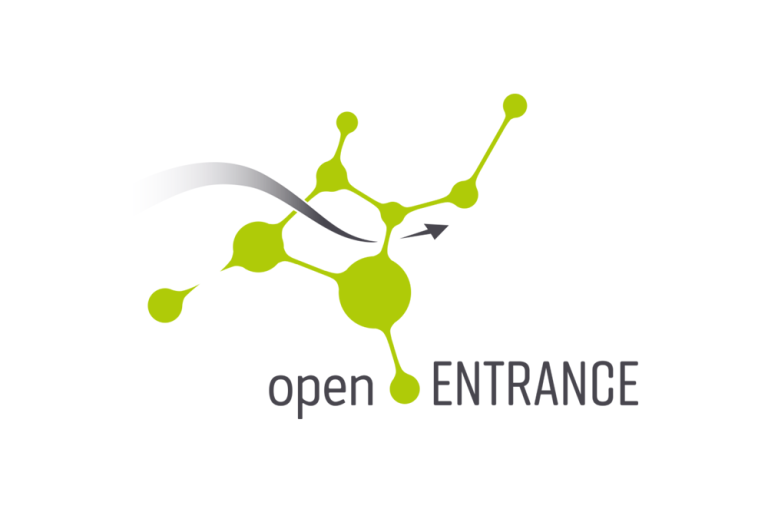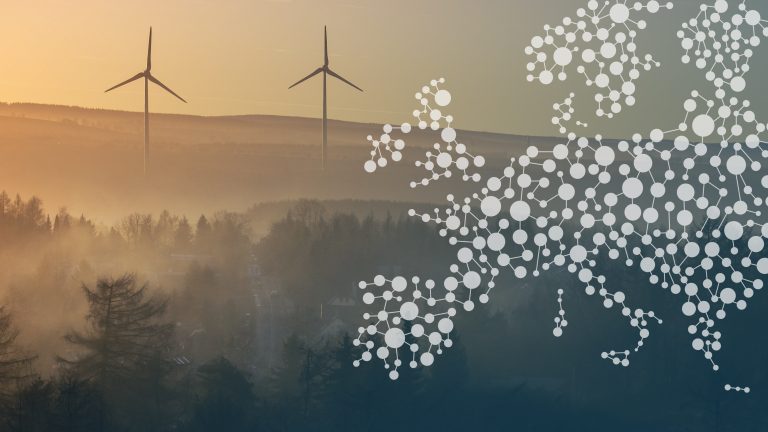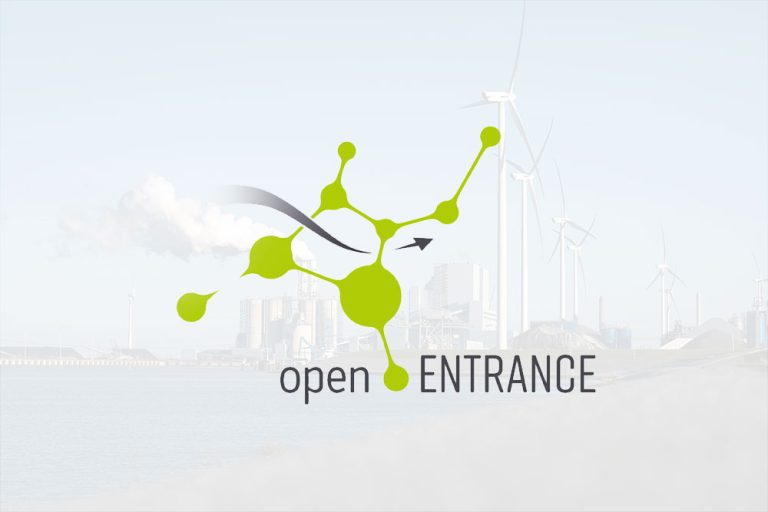Deliverable D7.3 is concerned with identifying, discussing and analysing the main barriers and incentives to investments in low-carbon solutions as well as the efficiency of possible policies to address the aforementioned barriers.
This document focuses on the description of the directions that could be considered to address the aforementioned barriers and facilitate the transition to a low-carbon society. The analysis is performed starting from an individual viewpoint where the potential barriers related to the behavior of the individuals are identified and discussed. Then the focus moves towards the analysis of the business dimension, where it concentrates on the potential barriers that could limit the proliferation of new business models related to flexibility and peer-to-peer solutions to the local management of energy consumption and production. Next, the attention shifts to the study of bigger aggregates considering both the technical aspects and the welfare-related aspects, where the focus is placed on understanding what is the impact of the widely used global least-cost solution towards different Countries and sectors involved in the transition process. The analysis is carried out considering how the least-cost solution of a long-term energy system model suggests operating to decarbonize the European energy system and benchmark this suggestion with the actual possibility that the considered countries have to carry out the plans suggested by the optimization tool.
Finally, an array of macroeconomic analyses of the effects of different types of barriers, from political to technological, is performed, as well as using the combination of a macroeconomic general equilibrium model and a long-term energy system model to understand which type of impact a decarbonization effort might have on the sectoral activities and on the economic growth of the European countries. The analysis is complemented with a survey investigating on stakeholders’ opinions about the impact of economic and regulatory aspects on the willingness to invest in low-carbon solutions. The main results shed light on the fact that technological development is key to the transition towards low carbon solutions and that regulatory aspects need to support the uptake and diffusion of new technology and promote cooperation, rather than penalize players that have not year caught up with the transition; this is further highlighted by the fact that calling off the decarbonization agreements by countries rich in fossil resources might bring economic benefits to those countries. This underlines how the decarbonization effort needs to be defined as a collective effort based on mutual help rather than on penalty mechanisms.





